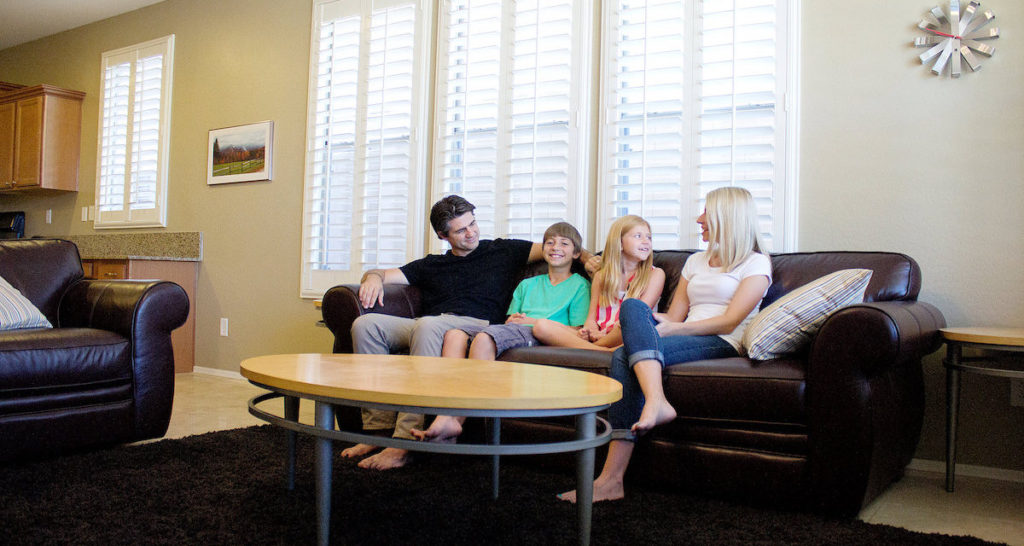Transform Your Closet and Mindset with the Concepts of Minimalism
Transform Your Closet and Mindset with the Concepts of Minimalism
Blog Article
Comprehending Minimalism: Methods for Decreasing Mess and Enhancing Clearness in Everyday Living
Minimalism is progressively recognized as a practical approach to boosting clearness and emphasis in today's cluttered globe. By methodically assessing our belongings and focusing on intentionality, we can develop areas that not just show our values but likewise advertise mental health. Using techniques such as the "Four-Box" technique can assist in a more orderly setting, yet real difficulty depends on growing a minimalist way of thinking that maintains these efforts. Checking out the nuances of this philosophy may reveal surprising understandings right into how you can change your life. When you embrace this willful simplicity?, what might you discover.
Defining Minimalism and Its Benefits
Defining minimalism involves comprehending it as a way of living choice that stresses simplicity and intentionality in both physical possessions and daily regimens. At its core, minimalism encourages individuals to prioritize what genuinely matters, permitting for a more meaningful and focused existence. By removing the non-essential, minimalism invites individuals to involve deeply with their environments and experiences.
The advantages of adopting a minimal technique are diverse. Firstly, it cultivates mental quality, as decreasing clutter in one's environment can lead to decreased distractions and anxiety. When bordered by fewer ownerships, individuals frequently report improved focus and enhanced performance. Secondly, minimalism promotes monetary liberty; by prioritizing needs over desires, people can make more enlightened acquiring choices, bring about possible savings and reduced financial debt. Moreover, a minimalist way of living can produce psychological benefits, as it urges people to cultivate appreciation of what they have rather than yearning for much more.
Ultimately, minimalism is not simply regarding material decrease however entails an all natural shift in viewpoint, promoting a life identified by balance, purpose, and gratification. Accepting this lifestyle can bring about profound adjustments in exactly how individuals interact and perceive with the world around them.
Examining Your Current Clutter
Mess usually materializes as a frustrating buildup of products that no longer serve a purpose, creating a barrier to accomplishing a minimal way of life. To successfully examine your existing clutter, it is vital to embrace an organized strategy. Begin by identifying the locations in your home that really feel frustrating or chaotic. Make note of details groups of things, such as apparel, publications, or cookware, as this will certainly help you recognize the scope of the mess.

Furthermore, consider the regularity of use for each product. Inevitably, understanding your existing clutter is an essential action towards accepting minimalism and boosting quality in your day-to-day living.

Practical Decluttering Methods
Having actually evaluated your present clutter, the next step is to implement practical decluttering techniques that facilitate an even more organized living area. Minimalism Minimalism. One efficient technique is the "Four-Box" strategy, where you designate 4 boxes identified: maintain, give away, trash, and relocate. This approach motivates fast decision-making and guarantees items are categorized appropriately
One more technique is the "One in, One out" policy, which specifies that for every single new item obtained, an existing product needs to be removed. This principle aids preserve equilibrium and prevents build-up gradually. Additionally, think about the "30-Day Minimalism Game," where you remove one product on the first day, 2 on the second, and so forth, cumulatively cultivating a sense of success.
Limit on your own to a specific number of valued products, allowing you to appreciate their importance without overwhelming your room. By using these strategies, you can create an extra reliable and serene living space, ultimately enhancing clarity in your day-to-day life.
Creating Deliberate Spaces
Producing intentional areas involves a thoughtful method to exactly how we style and arrange our atmospheres, making certain each location serves a particular purpose and shows our worths. This technique is essential in cultivating a feeling of clearness and function in our every day lives. By seriously evaluating the function of each area, we can eliminate disturbances and boost our overall wellness.
To develop deliberate spaces, start by determining the primary tasks that will certainly take place in each location. For circumstances, a home office should be created to foster productivity, integrating components such as appropriate lights, comfy furnishings, and minimal diversions. In contrast, a relaxation location should advertise serenity, featuring calming shades and comfortable seats.
Additionally, think about the psychological impact of your surroundings (Minimalism). Incorporating individual products that resonate with your values, such as art work or plants, can boost the connection to your room. Regularly assess these atmospheres to guarantee they remain to serve their intended purpose as your demands advance
Eventually, developing intentional areas has to do with making mindful options that align with your way of Learn More life, advertising consistency and effectiveness in your living and workplace.
Keeping a Minimalist Attitude
Accepting a minimalist frame of mind calls for continuous representation and intentionality in our ideas and actions. Set aside time to review your commitments, belongings, and also digital material, ensuring they line up with your core principles.
An additional secret method is to exercise thankfulness. Recognizing what you already a fantastic read possess fosters contentment and decreases the desire for extra. This change in perspective encourages recognition for simplicity, enhancing general health. Including mindfulness techniques, such as meditation or journaling, can further strengthen a minimalist mindset by promoting quality and reducing mental clutter.
Furthermore, develop boundaries to protect your energy and time. Find out to say no to non-essential responsibilities and distractions that do not add to your personal development. Border yourself with like-minded individuals who sustain your minimal journey, as shared worths can improve inspiration and liability.
Conclusion
In final thought, accepting minimalism uses considerable advantages, consisting of minimized clutter and boosted clarity in life (Minimalism). By methodically evaluating possessions and applying useful decluttering methods, people can develop intentional spaces that promote mindfulness and appreciation. Preserving a minimal mindset needs recurring examination and commitment to simplicity, eventually causing a much more concentrated and meeting way of life. The concepts of minimalism serve as important tools for growing an environment that sustains individual growth and health.

In addition, consider the "30-Day Minimalism Game," where you eliminate one thing on the initial day, 2 on the second, and so forth, cumulatively cultivating a feeling of success.
In final thought, embracing minimalism uses substantial advantages, including decreased mess and enhanced clarity in daily life.
Report this page